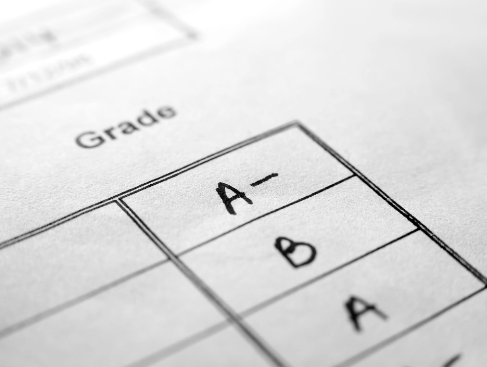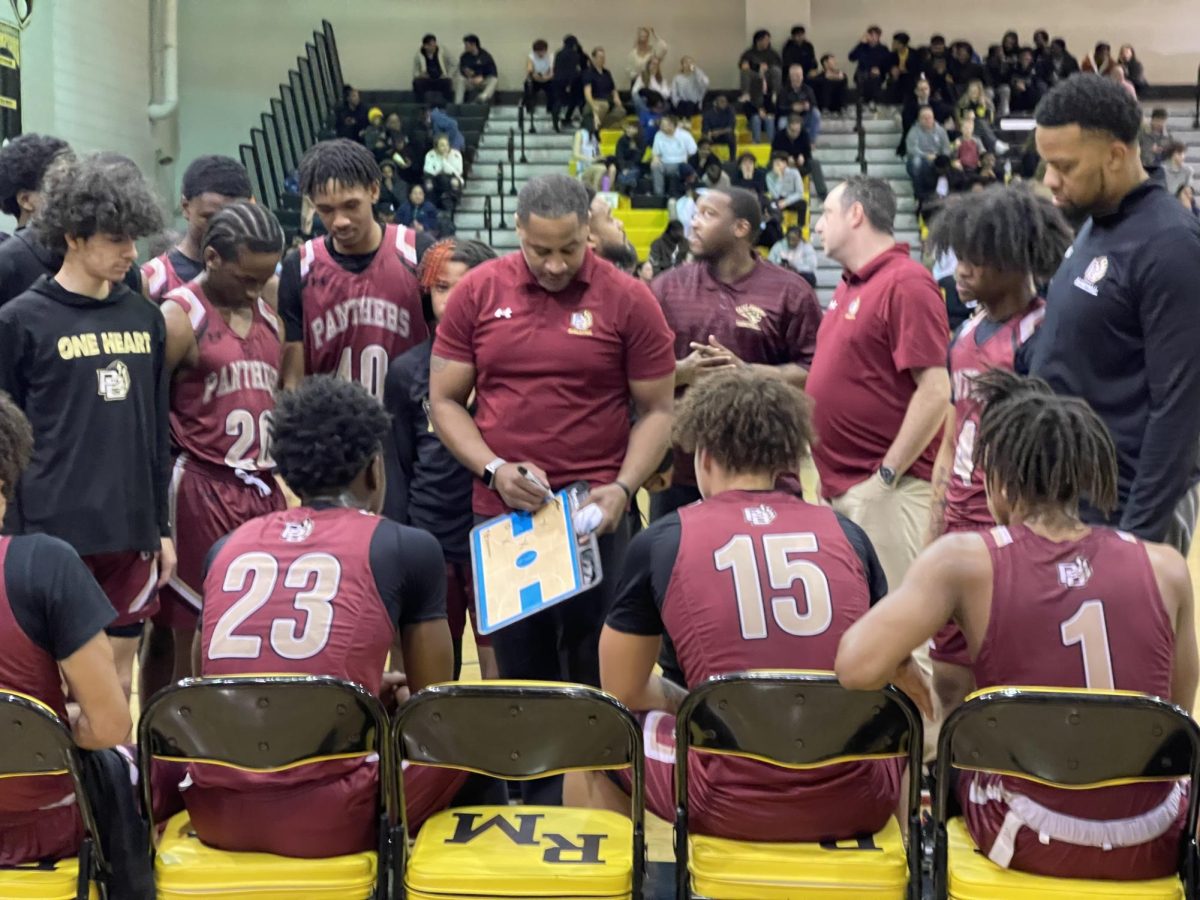Academic Excellence
Why the Pursuit of Perfection Needs a Remodel
June 13, 2017
Forgive me for bragging, but as a senior with a 3.93 GPA, I am a Top Scholar and have been on the honor roll since elementary school. For as long as I can remember, most of my life has revolved around school and, in that respect, I’ve done pretty well. But I also have a history of anxiety attacks, and my stress and worry over school have frequently made me physically sick.
Similarly, I still regret not taking AP NSL sophomore year, because I know that would have made my transcript look a tiny bit better. At the time, I thought I wasn’t ready for that workload and, while that opinion was mostly wrong, it was an informed decision I made myself. So, why can I not shake this feeling of regret no matter what I do?
The answer might lie within how academic excellence is pushed onto students in our society. Excelling in academics is important and can signify the development of many important qualities. But beyond the realm of encouraging kids to do well in their classes, there’s a faint yet very important line. At some point, we crossed that line and found ourselves pushing students, and each other, to do endless homework and take increasingly rigorous classes they may not be fully prepared for until they sacrifice some of the most important facets of life such as sleeping, eating, and taking a break from stress.
What this leads to is students believing their grades are more important than their health and finding motivation in places it shouldn’t be. Fear may be a powerful motivator, but fear of failure, or in my case, parents, isn’t healthy.
Don’t get me wrong, academics are essential. Depending on your aspirations, doing well in school is a big step in the direction of success, especially when it comes to getting accepted into an elite university, but it’s important to remember this is a correlation, not a causation; not everyone with a perfect GPA is guaranteed success, and not everyone with a terrible GPA is limited to doing remedial jobs the rest of their lives. When it comes down to it, achievement comes from personality and drive, not straight A’s, or straight D’s.
It’s important that we as a society encourage people to be aware of the sacrifices pursuers of academic excellence may have to make, and what types of highs and lows they may go through, while also making an effort not to be the main reinforcer of those sacrifices. What I mean by this is, yes, going the extra mile is basically a requirement. As one obtains any prestigious title, the title of academic excellence means that you have to be willing to sacrifice, socially and mentally. But no student, whether he or she is okay with being an “average” student or not, should be crushed under the immense pressure put on him or her to be perfect students. No student should feel like, in order to ensure a good grade and thus a good future, he or she must sacrifice eating lunch or sleeping at a reasonable time.
We have to remember that high school students are teenagers. They’re still growing and learning and are far from being mature, fully developed adults. They need breaks; they need encouragement. Once in a while, they need to feel like not everything hinges on their ability to sit and ace a test.
This definitely isn’t the first time someone has expressed this or written an opinion article about it either. We hear it all the time. So, it’s time we practice what we preach.









































